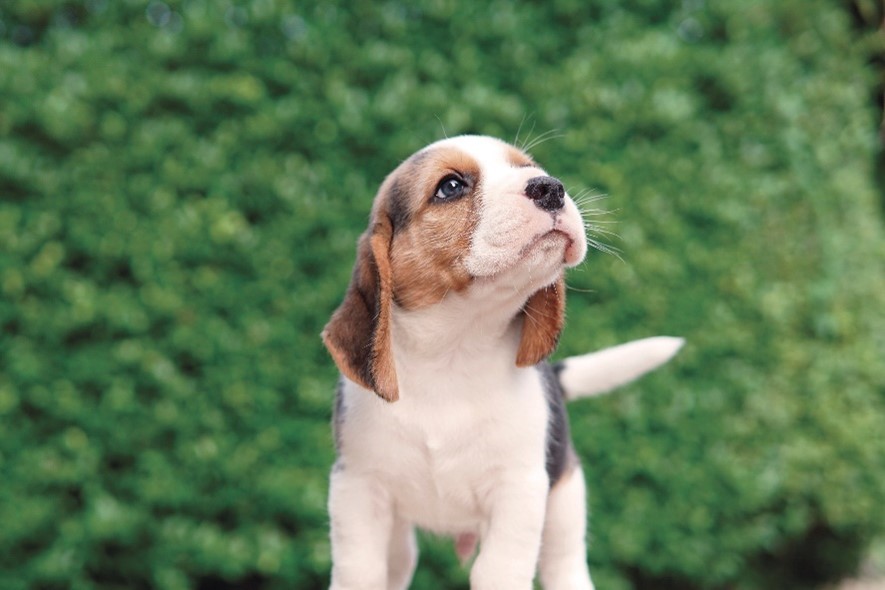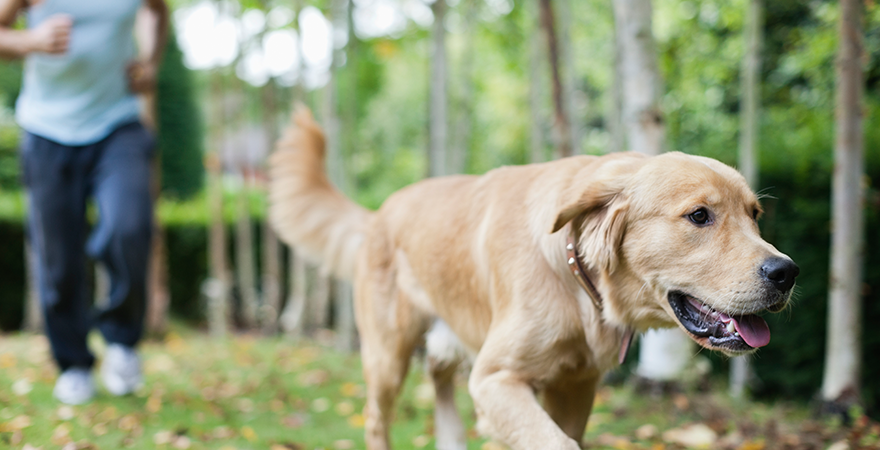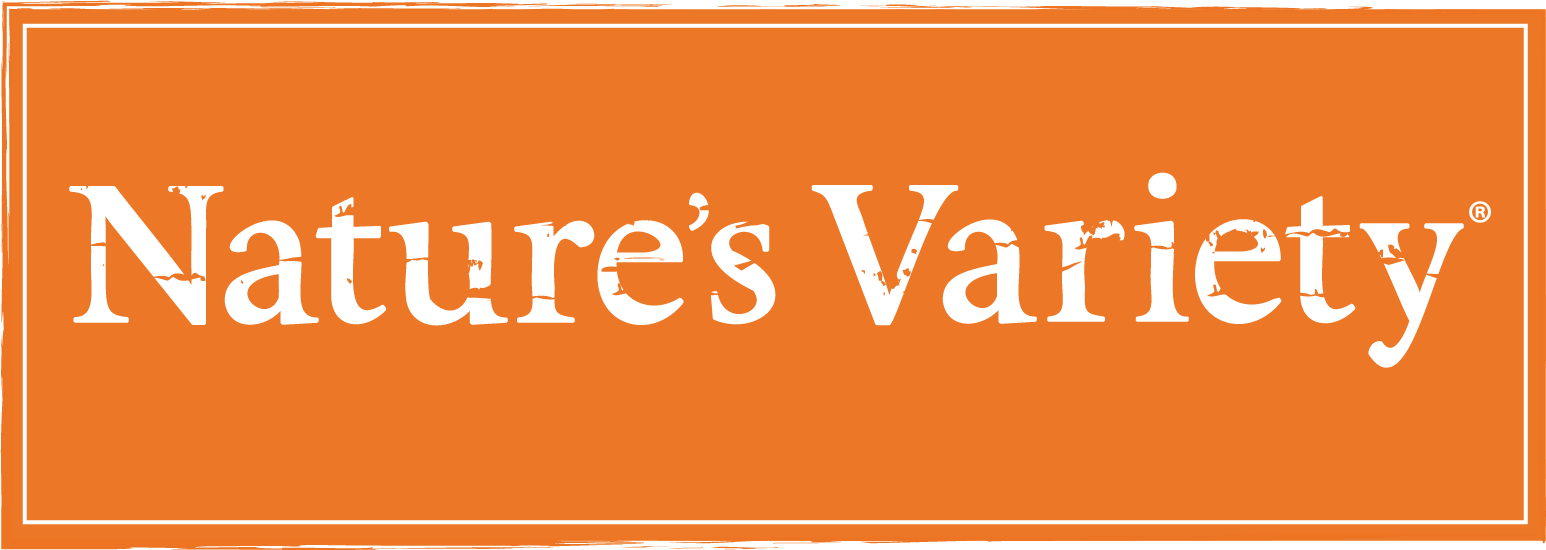Top Tips: How to Navigate Being a New Puppy Parent

Expert top tips by Veterinary Education Manager at Nature’s Variety, Melanie Sainsbury
Making the decision to bring a puppy into the family is not a decision to be taken lightly – puppies come with bundles of joy, but a serious amount of hard work and patience is also needed.
In a survey of new pet owners, Nature’s Variety – one of Europe’s leading natural nutrition experts, found that nearly half (47%) of all respondents felt more stressed during the first three months of their new furry friend coming into their home. Shockingly, a third (32%) of respondents said that they may have experienced post-puppy depression during the first year.
It’s no secret then that welcoming and training a new puppy can be very daunting and time consuming. To help with this - Melanie Sainsbury, Veterinary Education Manager at Nature’s Variety - has revealed her top training tips for how new pet owners can make the new puppy process that little bit easier.
Create a safe and rewarding space
Not all puppies require a crate, but some owners like to use them for safety and peace of mind – there is no right or wrong on this one. A crate should be a pleasant place for a puppy to spend time and never used as a punishment method! Make the crate comfortable and cosy with plenty of bedding, blankets and toys – everything that will indicate to them that it’s a safe place for them to retreat to if they’re feeling anxious at any point. Leave the door open at first so your puppy can come and go without feeling trapped.
Start to feed meals inside the crate and even hide treats and chews in there to help increase positive rewards while inside. Start to close the door for short periods when your puppy is busy chewing or eating and then gradually increase the time the door is closed to ensure your puppy doesn’t get distressed. Slowly work up to longer periods by closing the door while you’re out of the room and keep them occupied with chews and stuffed Kong’s. A puppy’s crate should be a place they go to rest, not a prison!
Reward when your puppy is doing well, rather than focusing on the wrong
When training, it’s so important to always have some tasty treats – such as Nature’s Variety Freeze Dried Meat Bites - on hand, in several pots around the house and in your pockets, to ensure you can easily grab a reward when your puppy does something well. Rewards only work in the moment, not five minutes after the event!
If your puppy is not doing as well as you wish, try and encourage them to perform a wanted action rather than scolding or punishing them. This could really damage the trust between you and your puppy.
Let your puppy sleep
A tired puppy is a grumpy puppy! Always ensure your puppy has a warm and comfortable place to rest and never disturb a sleeping puppy – sleep is so important for digesting all of their learning. Interestingly, when asked what new pet owners felt under-prepared for, 35% of those polled in the survey said biting and scratching, and nearly a fifth (17%) said they were most apprehensive about sleep.
If your puppy becomes overly bitey, jumpy or over excited, these can all be signs of over tiredness. Encourage your puppy to rest by giving them a tasty chew - chewing releases endorphins which will help them to calm down and relax.
Find your inner silly
Don’t be afraid of what other people think of you in the park, an embarrassing high-pitched voice for recalls is much better than a puppy who won’t come back.
Play with your puppy and enjoy your time together. Use silly voices and noises to engage, the world is an interesting place, and you need to make yourself more fun and interesting than everything else on offer
Keep training and play short and sweet, always end on a high
Training sessions should be between two – five minutes each, even shorter for very young puppies. ‘Sits’, ‘stands’ and ‘downs’ can be practised easily when waiting for the kettle to boil. Always end on a high, never end a training session on anything you deem as a fail.

Use long wriggly toys to reward recalls, keep the game going
Most puppies love to chase so long, exciting, wriggly toys are great fun. Keep the toy low to the ground to prevent jumping up – this could create bad habits and also cause physical damage to the under-developed joints in young pups. The longer the toy, the easier this is. If using for recall, ensure to keep the game going for a good 10-20 seconds after your puppy has come back – remember that you need to be fun enough to come back to!
Look for negative signs and give reassurance and cuddles!
Throughout the whole process, make sure you have a watchful eye on your new pooch, and look out for the obvious indications that they are feeling sad or anxious. Look out for signs like, crying, excessive yawning or lip licking, a low or tucked tail.
Remember, training takes time and patience.
Most unwanted behaviours can be ironed out in the first few months, but it is of paramount importance to know that, as a dog owner, controlling your dog’s behaviour is your responsibility. Positive reinforcement is scientifically the best way of training young puppies to be polite and respond to your cues. Never set your dog up to fail. If you think they may run away when you let them off lead, invest in a long line to give them freedom whilst they can still be safely attached by a leash (note: retractable extension leads are not advised for young pups). The more successful outcomes you have, the easier training will become.
Nature’s Variety uses the highest quality ingredients from trusted suppliers. The range of puppy and kitten food offers highly nutritional, complete & balanced products in a variety of premium quality deboned meats, with vegetables, botanicals and superfoods and no artificial colours, flavours or preservatives.
